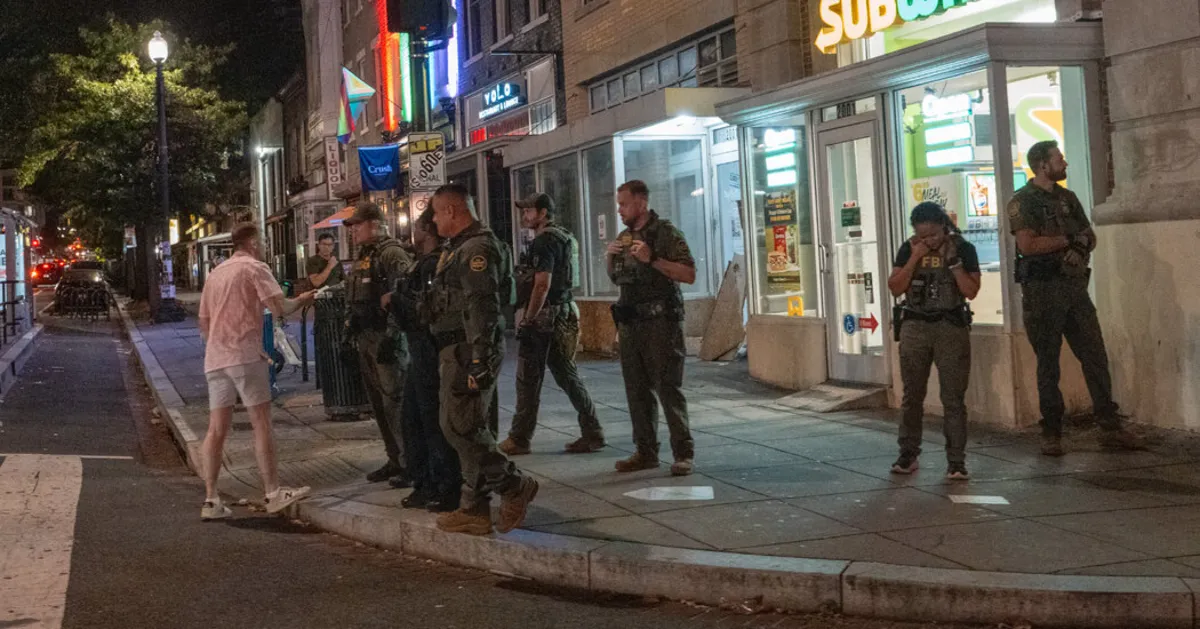
On Tuesday, federal prosecutors faced a significant setback as they were unable to convince a grand jury to approve a felony indictment against Sean C. Dunn, a man accused of throwing a sandwich at a federal agent in Washington, D.C. This incident occurred earlier this month, and the grand jury's refusal to indict marks a notable failure for the U.S. attorney’s office in Washington. This is the second instance in recent days where a majority of grand jurors have declined to vote for felony charges against an individual accused of assaulting a federal agent.
The grand jury's decision serves as a striking rebuke from a panel of ordinary citizens towards the prosecutors responsible for handling cases related to recent law enforcement actions in the city. These actions followed President Trump’s deployment of National Guard troops and federal agents aimed at combating crime and maintaining safety in the streets of Washington.
The case surrounding Sean C. Dunn gained significant media attention, particularly due to the viral nature of the video capturing the incident. In the footage, Dunn is seen throwing a submarine sandwich at a Customs and Border Protection officer who was on patrol alongside other federal agents. This confrontation took place near the bustling intersection of 14th and U Streets in Northwest D.C., an area known for its vibrant bars and restaurants.
Before the sandwich was thrown, the criminal complaint details that Dunn was in close proximity to the officer, reportedly calling him and his colleagues "fascists" and shouting, "I don’t want you in my city!" This aggressive behavior led to Dunn’s initial charge on August 13, which was filed in a criminal complaint.
As for the path forward, it remains uncertain whether prosecutors will attempt to seek an indictment against Dunn again. They have the option to pursue a misdemeanor charge instead of felony charges, which would not require a grand jury indictment to proceed. This decision could significantly impact how the case is handled moving forward.
The rejection of felony charges by the grand jury highlights ongoing tensions surrounding law enforcement practices in Washington, particularly in the wake of heightened federal involvement in local policing. As the situation continues to develop, many are watching closely to see how prosecutors will respond.